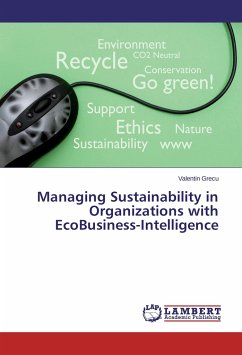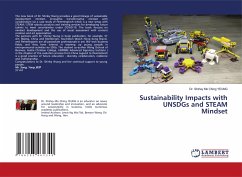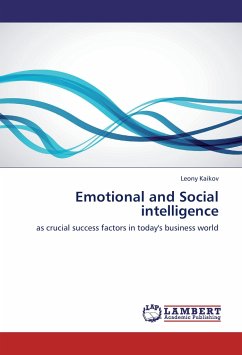Many of the challenges associated with sustainable development can be traced back to the ways in which modern societies produce and consume. The production, distribution, and delivery of goods and services require inputs of materials and energy, impacting the natural resource base both quantitatively and qualitatively, with the generation of waste and pollution and general disorder of the ecosystems. A good management of environmental services has now become the focus of many business strategies tending to the aspiration of 'greening' their infrastructures and product deliveries. By adopting sustainable practices, companies can gain competitive advantage, increase market share and boost shareholder value. The main purpose of this research is to explore how business intelligence (BI) models can support the management of sustainable business practices in contemporary firms. A model of the sustainable organization is presented together with a toolkit for the transition towards the sustainable organization. This work also introduces the sustainable BI conceptual model and the guidelines for its integration with the corporate management system.
Bitte wählen Sie Ihr Anliegen aus.
Rechnungen
Retourenschein anfordern
Bestellstatus
Storno








